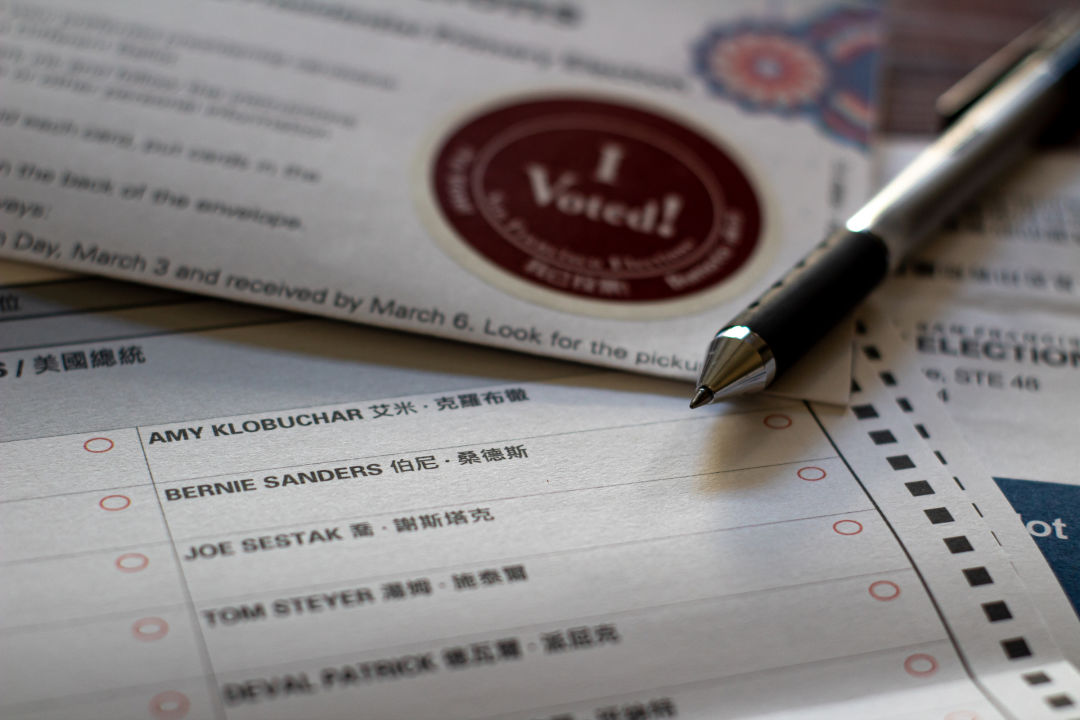Super Tuesday’s Cool and All, but Oregon’s Late Primary Has Its Perks

Most of the people on the 2020 Democratic presidential primary ballot in California are no longer running as of Super Tuesday.
In 2016, early voting was already under way in 11 states when news broke in October that Republican nominee Donald Trump had once bragged about grabbing women “by the pussy.” If anyone who had already submitted a vote for him was turned off by the sexually predatory language and second-guessed their pick, there was nothing they could do about it. The die—er, vote—was cast.
In Oregon we still had time to mull, as ballots hadn’t been mailed yet (except for military and overseas absentee ballots, which are sent out before the rest). But what if the revelation had come closer to the election? Or what if, as is the case for many voters in this year’s Super Tuesday primaries, a candidate you marked on an early ballot dropped out of the race before election day?
“Once a ballot has been cast, which in Oregon means it’s been received back in our office, then there’s no opportunity to change any votes on that,” says Tim Scott, director of elections at Multnomah County. “You know, I hate to encourage anybody to wait till the last minute, but that would be one way to play it safe in this situation.”
Early voting started in January in Super Tuesday states Minnesota and Vermont, when Andrew Yang and Deval Patrick were still running. More than 1 million Texans and 3 million Californians had already cast primary ballots before Tom Steyer, Pete Buttigieg, and Amy Klobuchar exited the Democratic race in the past few days. More than half of the 20 names on California’s Democratic presidential ballot are now essentially ghosts.
While Oregon, with one of the latest primaries in the country, doesn’t have as many active candidates on its ballot as states with earlier primaries, there’s at least the consolation that there are fewer surprises ahead.
“Kind of the plus side of this scenario is that with Oregon’s primary in May, usually the folks who are going to drop out have dropped out by that point in time and the field has cleared up a bit,” Scott says.
Votes cast for these ghost candidates still count, and those who have suspended their campaigns can still earn delegates if they get at least 15 percent of the votes cast. More likely, though, in a field with so many names, is that a significant number of early votes for candidates who exit the race before election day will make it harder for those still in the race to reach the 15 percent threshold.
In Oregon, April 28 is the last day to register to vote in the May 19 primary and the last day to make sure you’re registered in the party whose primary you want to vote in. Visit the Oregon Secretary of State’s My Vote site for information.




